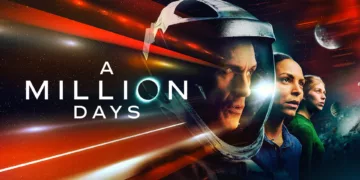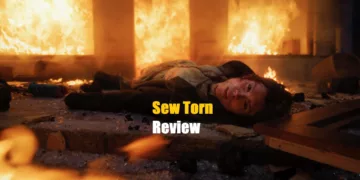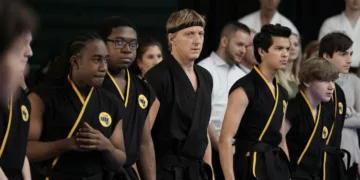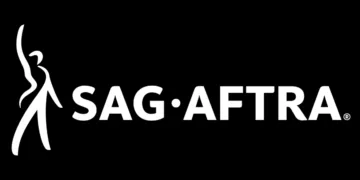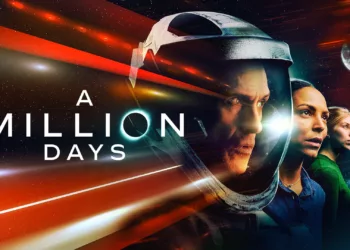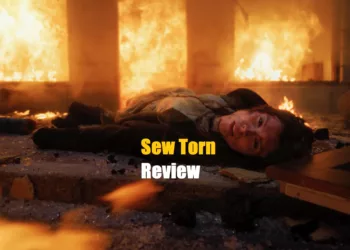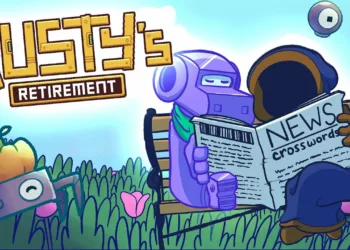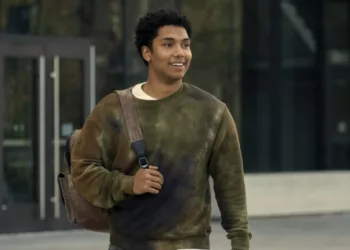In a significant development for the entertainment industry, the Writers Guild of America West (WGAW) has tentatively resolved its five-month-long strike with Hollywood studios, marking a historic moment in show business.
However, while the writers inch closer to resuming their creative endeavors, the spotlight remains on the ongoing strike by the Screen Actors Guild-American Federation of Television and Radio Artists (SAG-AFTRA).
The WGAW officially announced the breakthrough on September 24 after 146 days of striking. While specific details of the agreement are yet to be unveiled, the union expressed satisfaction with the terms presented.
In a letter addressed to its members, WGAW mentioned, “We can say, with great pride, that this deal is exceptional—with meaningful gains and protections for writers in every sector of the membership.” The union now awaits the codification of the agreement in the final contract language.
Once ratified, the new contract, shaped through five days of negotiations with studio representatives, will govern the industry for the next three years. While ratification seems likely, it’s not guaranteed, which means union members will remain on strike until the process is completed.
As the WGAW temporarily halts its picketing efforts, it encourages its members to stand in solidarity with their fellow striking colleagues in SAG-AFTRA. The actors’ union is yet to reach an agreement with studios, keeping the work of screenwriters at a standstill despite their own impending deal.
The tentative resolution opens the door for certain shows to resume production promptly. Late-night talk shows like “The Late Show with Stephen Colbert” and “The Tonight Show Starring Jimmy Fallon” can potentially restart as soon as the new agreement takes effect.
Daytime shows such as “The Drew Barrymore Show” and “The Jennifer Hudson Show,” which triggered controversy by breaking the strike, may also return swiftly.
However, larger-scale productions like the highly anticipated fifth season of “Stranger Things” and the franchise film “Deadpool 3” continue to face hurdles as SAG-AFTRA and studios engage in ongoing negotiations. The possibility of celebrity guest appearances on restarted talk shows remains uncertain or, at best, limited due to the actors’ strike.
The progress made by the WGAW could serve as a catalyst for the actors’ union. SAG-AFTRA has closely monitored the developments in the writers’ negotiations and expressed readiness to resume their own discussions with the Alliance of Motion Picture and Television Producers (AMPTP) once substantial progress is made on their proposed terms.
In a notable statistic, the WGAW, having reached a tentative agreement after 146 days of striking, is poised to break its own historical record for the longest strike, currently standing at 153 days, set during the 1960 writers’ strike. The path to ratification involves approvals from both WGA boards, east and west, followed by a vote by the over 11,500 WGAW members.
While the current strike may be reaching its conclusion, the entertainment industry could be facing more labor disputes in the near future. The International Alliance of Theatrical Stage Employees (IATSE), representing technicians, artists, and craftspeople, is due for contract renewal with the AMPTP in 2024. With over 170,000 members, IATSE’s negotiations will be closely watched, potentially signaling further industry turmoil on the horizon.

